The Genesis of AI: A Historical Perspective
For years, artificial intelligence has been a phenomenon that fascinated the human brain. The thought process finds an ideal place within science fiction literature and film. Today, it has not just crossed those boundaries but has actually become a part and parcel of human existence. It is one such journey, from sci-fi fantasy to proof in real life, which shows mankind and its tenacious pursuit toward technological advancement. In this chapter, we will be discussing the history of AI and what applications are now currently applied into deep reaches made into today's lifestyle.

The Early Years
The concept of artificial intelligence dates back to ancient times, when people told myths and legends about mechanical beings that have consciousness. Formal study, however, began only in the middle of the 20th century. The term "artificial intelligence" was first coined by computer scientist John McCarthy, who organized the Dartmouth Conference, marking the birth of AI as an academic discipline, in 1956.

The AI Winters
The hope was short-lived, though. The rest of the next few decades were tougher on AI research. It was then realized that symbolic AI had limitations, and progress came to a halt. This time is called the "AI Winter." It was during this period when funding and interest in AI-related research decreased drastically. However, these setbacks could not stop researchers from chasing the idea of intelligent machines.

The Rise of Machine Learning
It has, in recent decades, come about the rising interests in AI at the tail-end of the 20th century and at the early centuries of the 21st millennium with advances made by machine learning that focuses on algorithms capable of learning from and predicting based on data. It, in effect, has paved a way toward more important developments concerning paradigms and knowledge domains; particularly natural language processing, computer vision, and robotics.
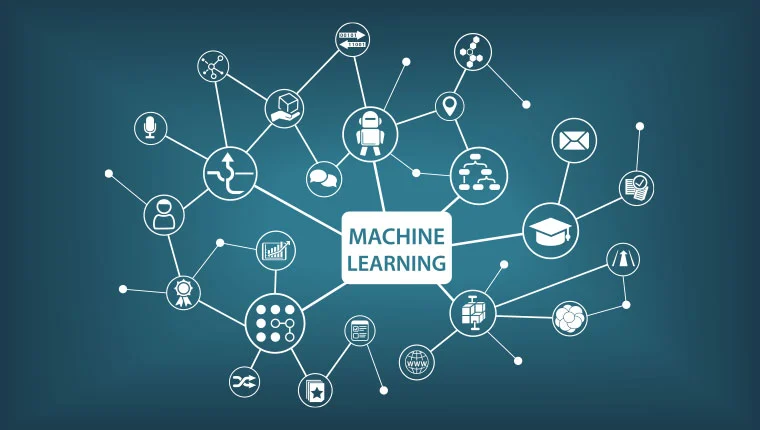
AI in the Modern Era: Applications and Innovations
AI was no longer only some concept in college and science fiction. It transformed industries and our modes of living through its presence throughout our daily activities.
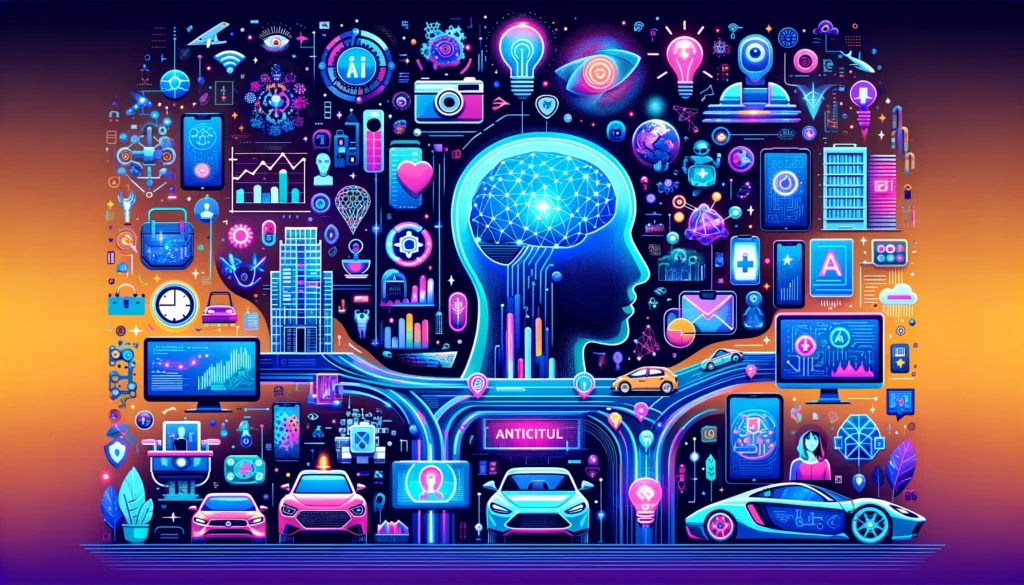
Healthcare
AI changes the healthcare system in terms of being able to provide more accurate diagnostics, optimal treatment planning, and better outcomes. Machine learning algorithms are trained on massive medical data, such as imaging studies, genetic information, and electronic health records. For example, the AI by DeepMind recently managed to display the accuracy of the diagnosis for eye diseases that are equal to those of human experts. DeepMind research
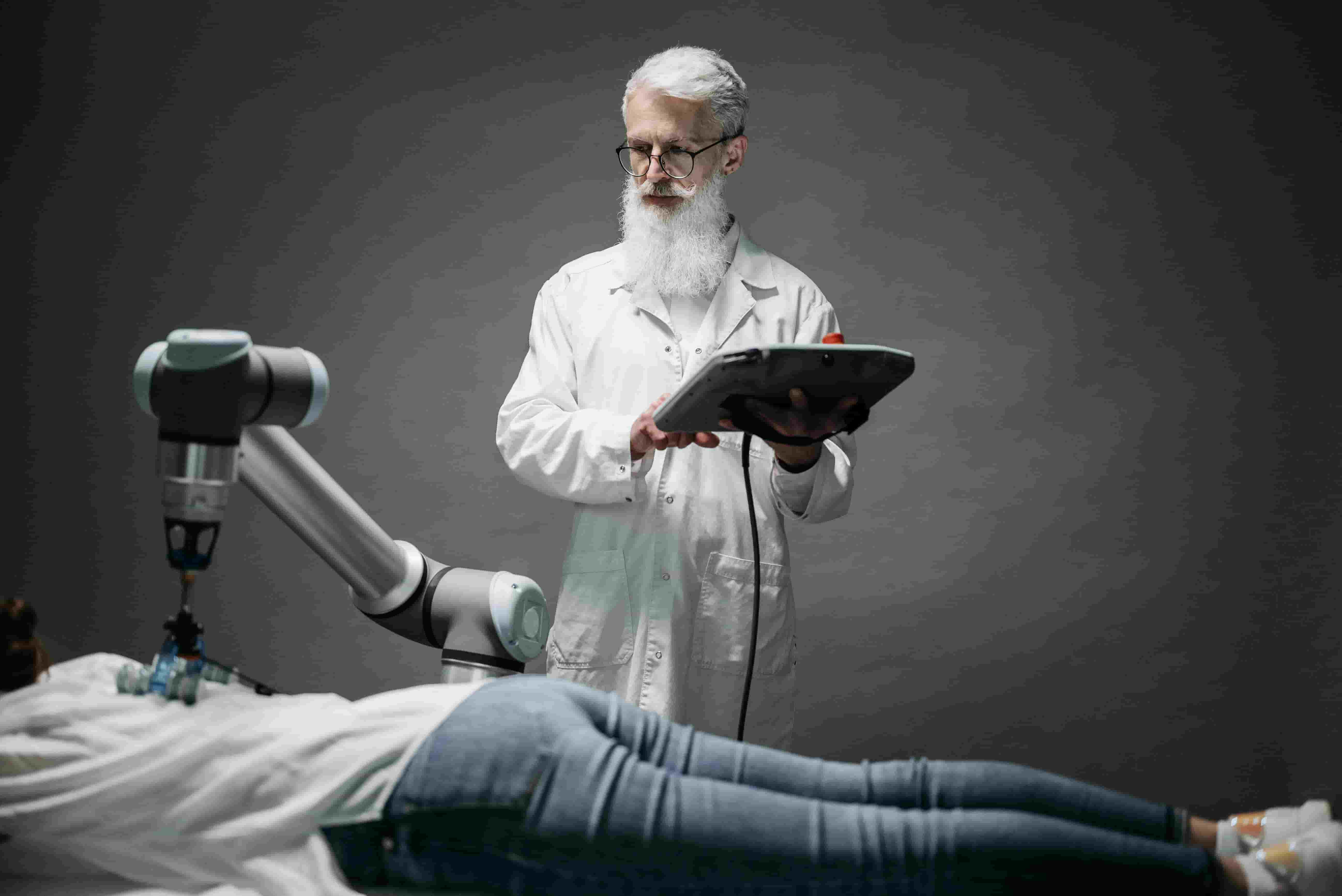
Finance
The AI identified the fraudulent transactions, computed the credit risk, and provided better trading strategies in finance. Machine learning models can read the transaction data in real time and identify some patterns that indicate a fraud has been committed. Another area where AI has improved customer service is through the use of chatbots and virtual assistants.

Transportation
AI plays a huge role in self-driving cars that might just change transport totally by avoiding accidents and increasing traffic and reducing emissions in transport. Companies like Tesla, Waymo, and Uber are already experimenting with self-driving cars that could help AI successfully navigate complex cityscapes. Waymo self-driving cars

Education
AI has brought tremendous changes to the education world: customized learning experience, automating administrative work, and introducing a smart tutoring system. Adaptive learning systems, similar to Khan Academy and Coursera, will use AI for customizing learning material to students. Apart from this, any application based on AI can benefit instructors by grading assignments, maintaining class schedules, and alerting the instructors about the specific students who are in need.

Entertainment
This includes entertainment and the wide use of AI in providing diverse experiences for the user. For example, with the Netflix and Spotify music streaming services, AI is applied in providing recommendations to people about which films to watch and which music to listen to according to their choices and how often they watch or listen. AI is used in creating the virtual lifelike characters, producing music, and even in writing screenplays.

The Societal Impact of AI: Opportunities and Challenges
The positive impact of AI brought about several advantages but also raised deep ethical, social, and economic questions.
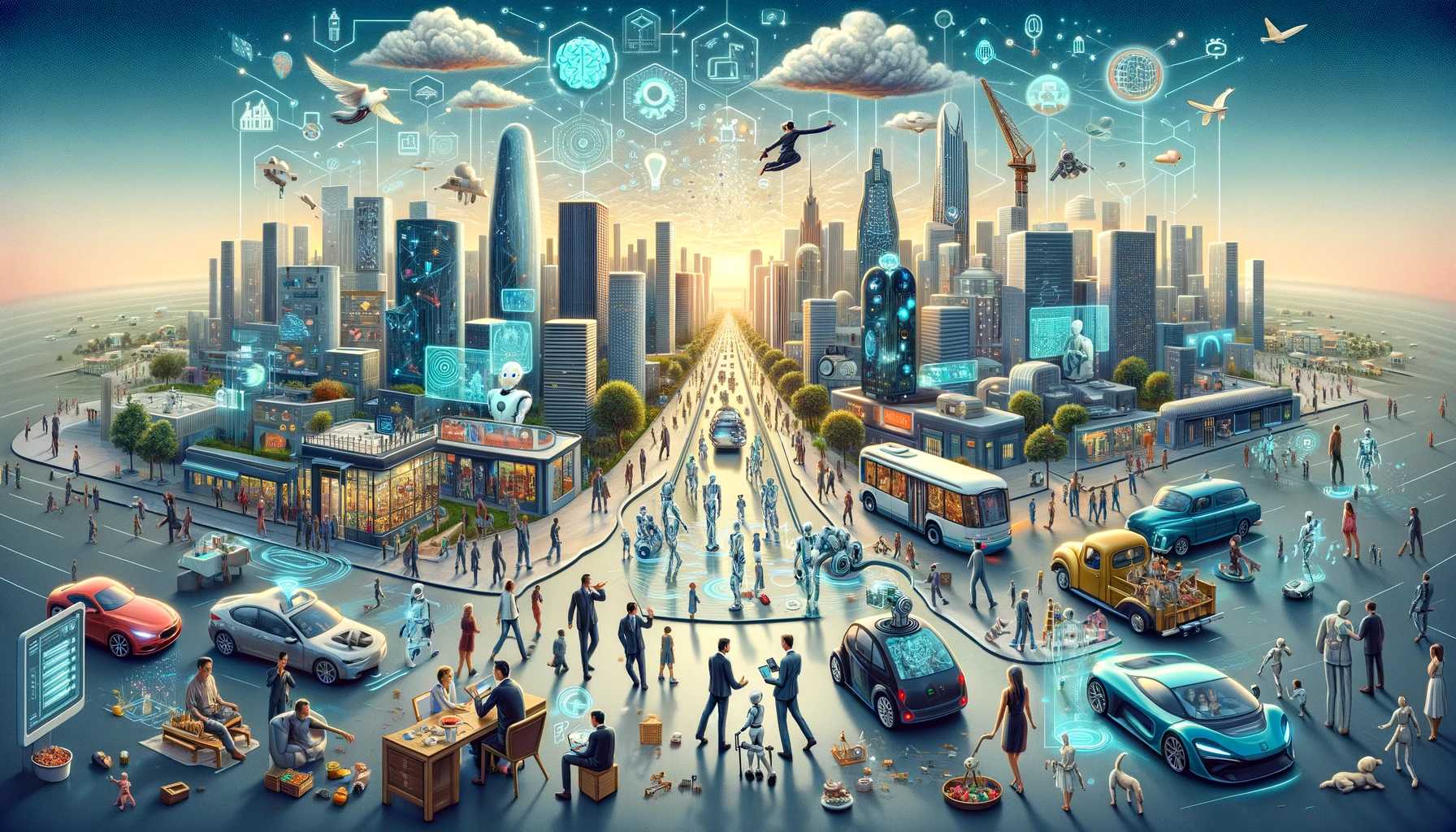
Ethical Issues
Perhaps one of the greatest concerns about the ethics of AI is bias in AI algorithms. Since these algorithms are trained based on historical data, they may, in the process, perpetuate existing biases and inequalities. The AI should be fair and transparent in decision-making processes to avoid discrimination and ensure social justice. Organizations like AI Now Institute and Partnership on AI are working seriously to bring this problem to people's attention and the responsible development of AI technologies along with their appropriate deployment.
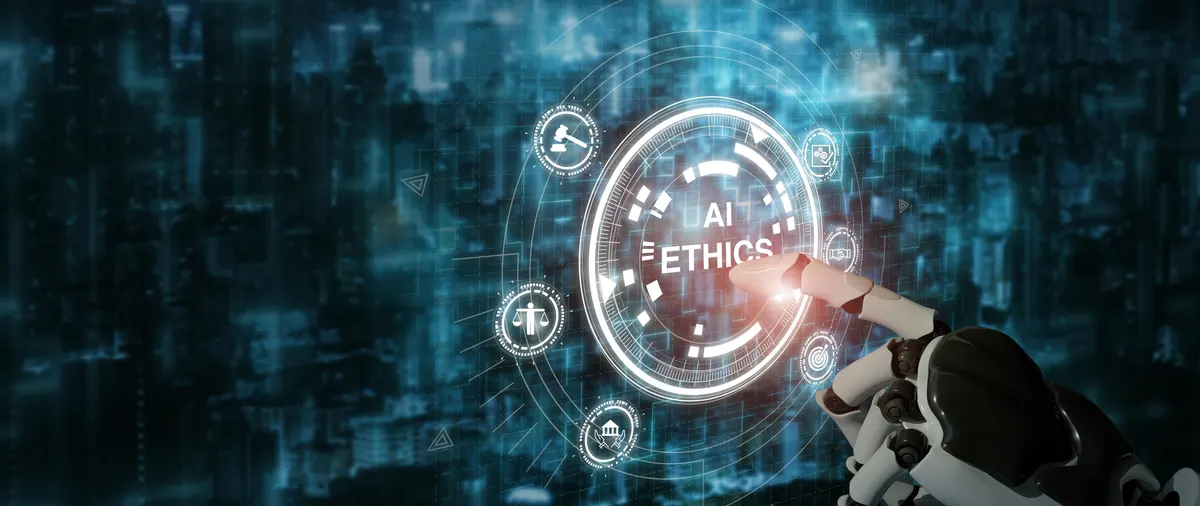
Privacy and Security
It raised many concerns of privacy and security with an extremely high rate of adoption. The system involves extensive personal data, raising a debate about the ownership of data and whether enough consent has been provided. One more controversy lies in the fact that AI surveillance and law enforcement could be used and lost as an abuse and a loss of civil liberties. Hence, it should be made sure that such a regulatory framework should be well-established to ensure that the use of AI is not harmful to anyone and that personal privacy is also maintained.

Economic Impact
AI can displace the use of human labor and employ most jobs humans use to employ people. On a more positive front, this enables people to go highly efficient. Yet, flip it, that results in potential dislodgings and economic repute. Politicians and capitalists will have to pool together towards reskilling or up-skilling strategy helping adapt the workforce under going through some transition in jobs being held. Moreover, studying alternative models of economy, such as universal basic income, can reduce the harm done by AI to automation.
The Future of AI: A Glimpse Ahead
As AI continues to evolve, its potential to shape the future of humanity is boundless. Emerging technologies, such as quantum computing and neuromorphic engineering, hold the promise of further advancing AI capabilities and unlocking new possibilities.
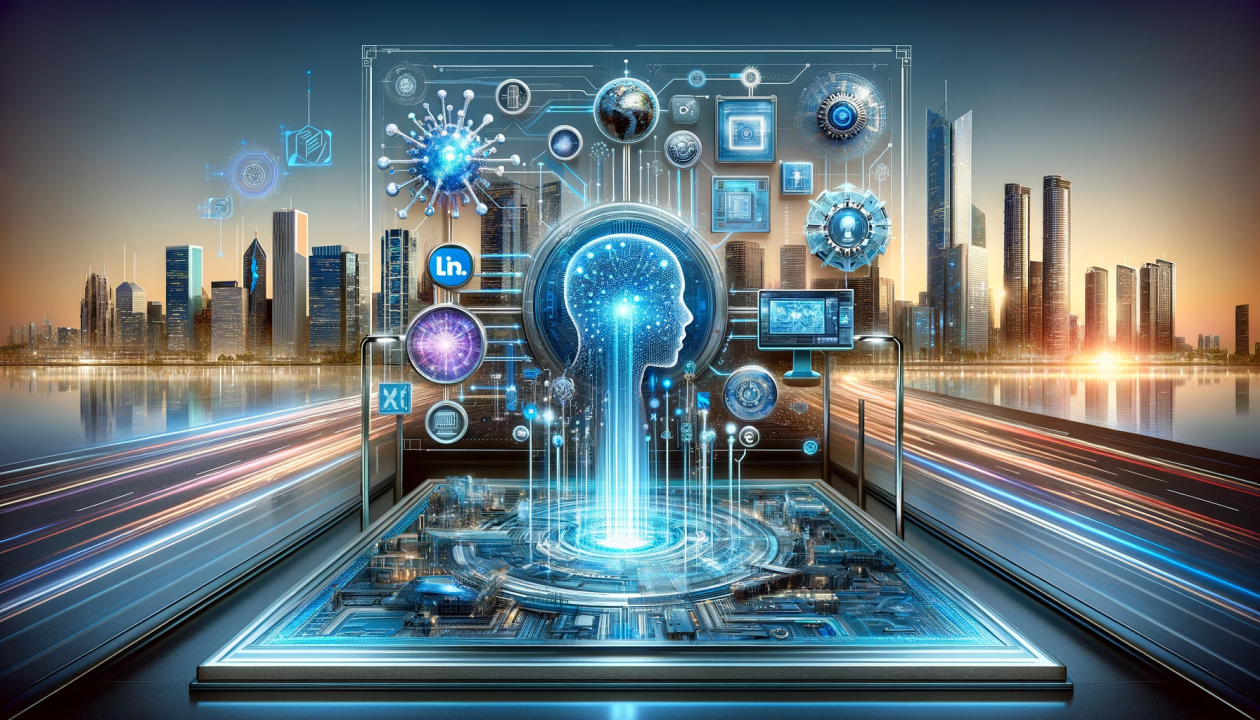
Quantum Computing
Quantum computing, which leverages the principles of quantum mechanics to perform computations, has the potential to revolutionize AI by enabling the processing of vast amounts of data at unprecedented speeds. Companies like IBM and Google are actively working on developing quantum computers that could accelerate AI research and applications. IBM Research

Neuromorphic Engineering
Neuromorphic engineering aims to design computer systems that mimic the structure and function of the human brain. By developing neuromorphic chips that can perform complex computations with minimal energy consumption, researchers hope to create more efficient and powerful AI systems. This approach could lead to significant advancements in fields such as robotics, natural language processing, and computer vision.
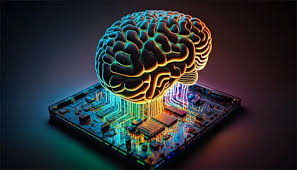
Collaborative Intelligence
The future of AI is not solely about machines replacing humans but rather about fostering collaboration between humans and AI systems. By leveraging the strengths of both humans and machines, we can create synergistic partnerships that enhance decision-making, creativity, and problem-solving. This concept of collaborative intelligence emphasizes the importance of designing AI systems that augment human capabilities rather than replace them.
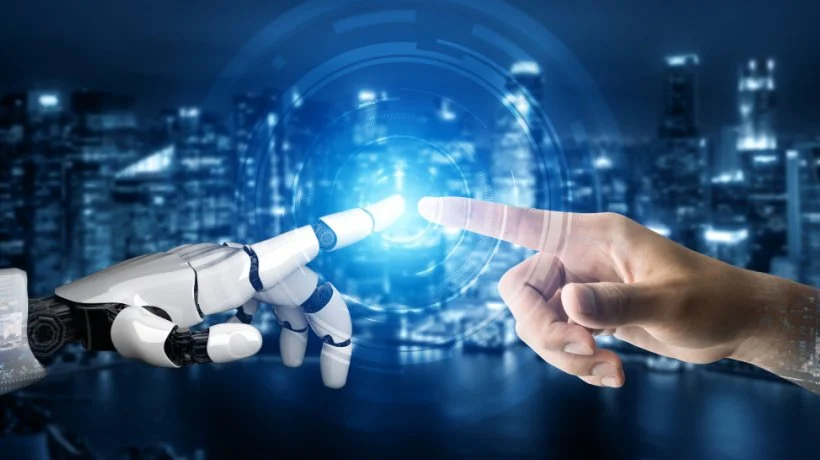
Conclusion
The journey of AI from science fiction to reality is a testament to the remarkable progress we have made in the field of technology. As AI continues to advance, it has the potential to transform every aspect of our lives, from healthcare and finance to education and entertainment. However, it is essential to address the ethical, social, and economic challenges that come with this technological revolution. By fostering responsible AI development and promoting collaboration between humans and machines, we can harness the power of AI to create a better, more equitable future for all.
